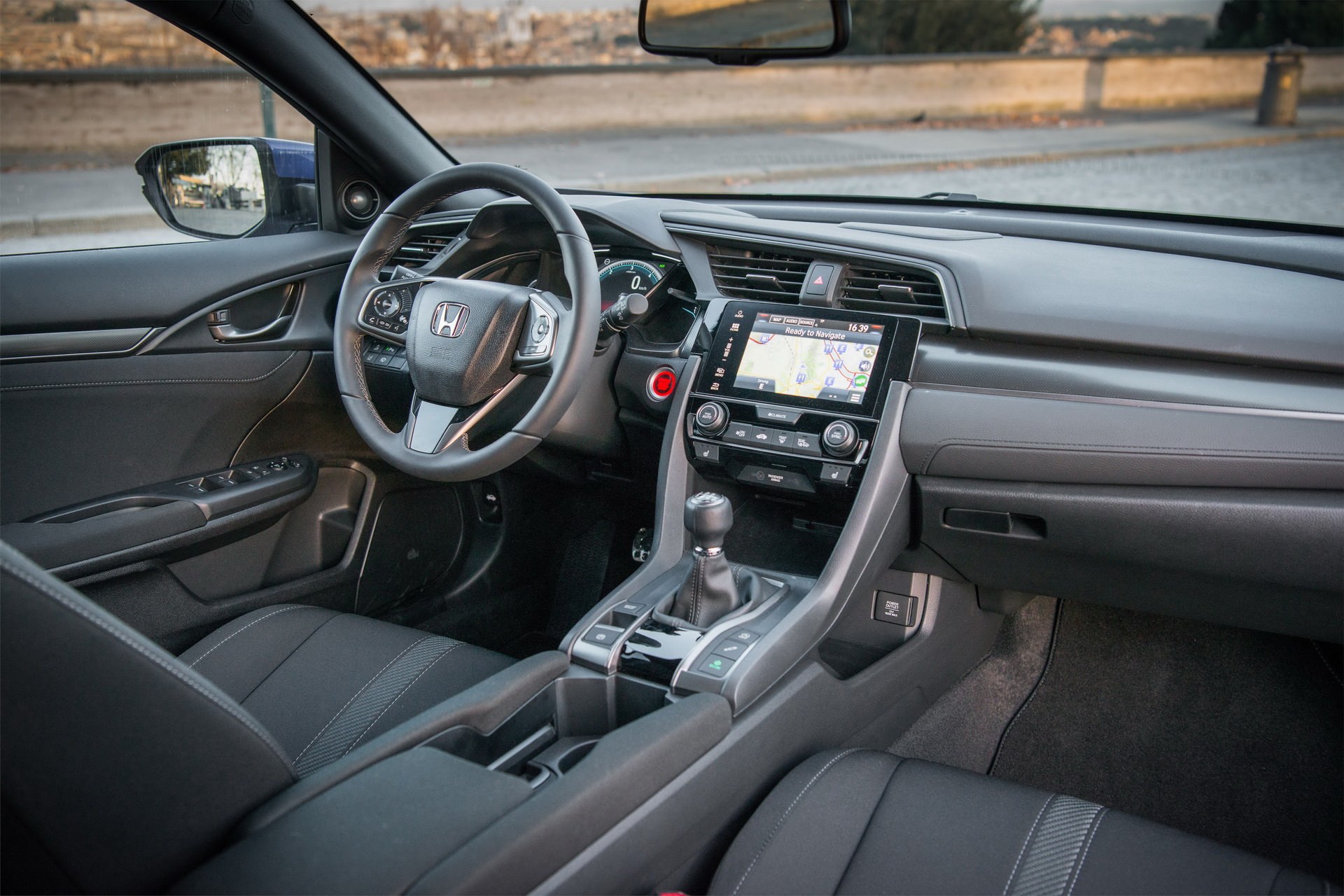Honda is getting ready to announce the closure of its Swindon manufacturing facility in the UK, according to a report from Sky News.
The news site says that the Japanese automaker plans to shut down the British factory in 2022, putting 3,500 jobs at risk. Honda may make an official announcement tomorrow, Tuesday February 19.
If true, Honda’s decision to close Swindon will be a huge blow to UK’s automotive industry, as it accounts for around 10 percent of the country’s total output of 1.52 million vehicles.
What does the plant make?
Honda’s Swindon factory is currently producing the Civic hatchback for the global market, including the US. Factors like the uncertainty over Brexit, the US government’s threat of import tariffs for European cars and the new agreement between Japan and EU over the withdrawal of tariffs on Japan-made vehicles give the automaker plenty of reasons to consider such an option.
The report appears to be confirmed by local MP Justin Tomlinson, who tweeted that Honda’s decision is not based on Brexit but rather on global trends, adding that no job losses or changes in production are expected until 2021.
Honda: @RobertBuckland & I have already spoken to the Business Secretary & Honda. They are clear this is based on global trends and not Brexit as all European market production will consolidate in Japan in 2021.
— Justin Tomlinson MP (@JustinTomlinson) February 18, 2019
Honda will be consulting with all staff and there is not expected to be any job losses, or changes in production until 2021.
— Justin Tomlinson MP (@JustinTomlinson) February 18, 2019
According to a source close to Honda, the company will retain its European headquarters in Bracknell, UK, as well as its F1 operations.
A decision long in the making
Honda’s UK manufacturing facility used to produce models like the Euro-spec Accord, Jazz (Fit in the US), CR-V, as well as the Civic, but the company has since moved production of these models outside the UK, leaving only the Civic hatchback.
Last month, Honda said that they would shut down the Swindon factory for six days in April in order to prepare for any possible disruptions that may arise from the country’s leaving the European Union.









